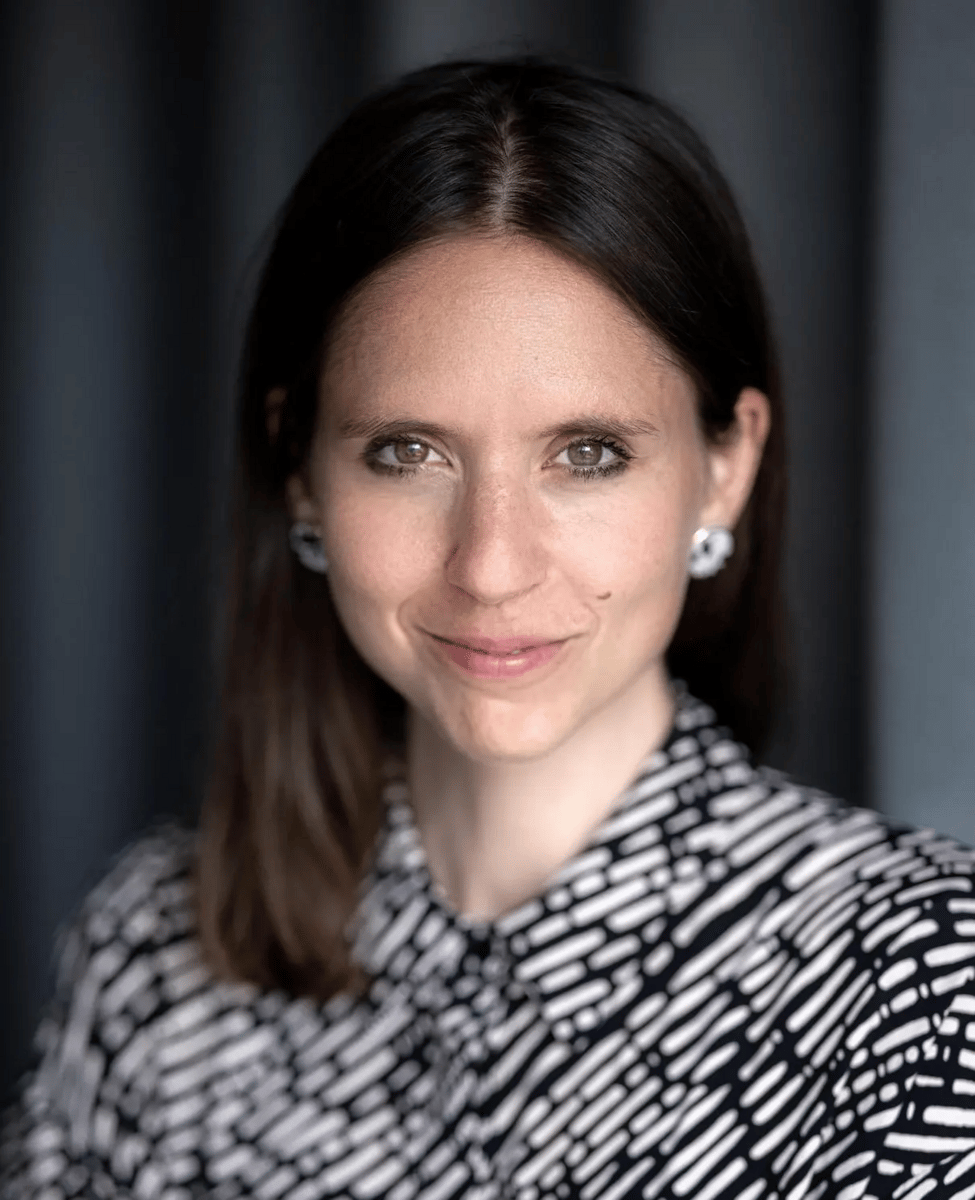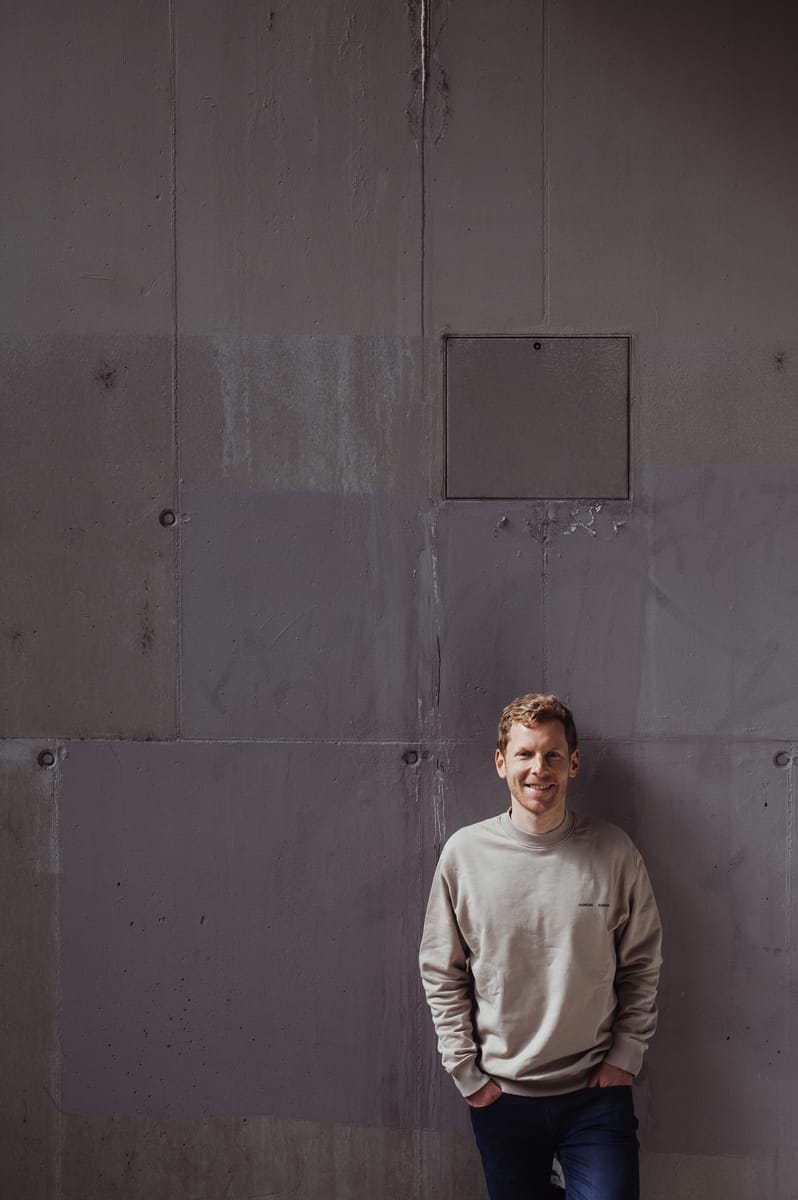Dear hustlers, founders, operators and visionaries,
What does it take to build a company when the world won’t bet on you? For Sabba Keynejad of Veed, the answer was an unwavering commitment to resourcefulness, raw user connection, and relentless iteration.
We sat down with him this week and Sabba opened up about the early days of founding Veed - cycling to coworking spaces he couldn’t afford, getting rejected by YC twice in a weekend, and still finding ways to grow 60% month over month. It’s not just a story of hustle - it’s a masterclass in customer obsession and building simple tools that solve real, search-driven problems. Exclusively for our newsletter subscribers, Sabba has shared additional insights below.
In the meantime: Follow the Gradient and stay tuned!
PS: Has this e-mail been forwarded to you? Sign up here.
How to bootstrap a resilient company

What you will get out of this episode
In our conversation, Sabba shares:
How to survive and thrive after repeated VC rejection and why it might even help you build better
Why user obsession, not investor obsession, should be your north star from day one
Why it’s not really “Build things that people want” but “build things that people search.”
How to scale simplicity without turning your product into a bloated Swiss army knife
and much more!
Our main take away’s
Hardship fuels clarity: Sabba's early days building Veed were marked by financial stress, rejection, and sheer survival. Yet those constraints forged a culture of focus and resilience. With no room for excess, every decision had to create value fast.
Growth is a daily ritual, not a quarterly goal:
From tracking website traffic obsessively to hacking SEO and YouTube, Sabba’s growth strategy wasn’t built on luck, it was built on compounding daily actions. He showed how founders can weaponize consistency and curiosity to create unstoppable momentum.
User love beats investor love:
What began as bitterness toward the VC world evolved into radical appreciation for users. Sabba’s framing shift from “I want to learn” to “I want to help”, transformed his access to customer insights and shaped Veed’s obsessive user-centricity.
Design can be your moat - even if you’re not a technical founder:
As a dyslexic, visual thinker from art school, Sabba saw communication differently and built Veed accordingly. His journey proves that design instincts, not just code, can drive product-market fit and emotional resonance.
Inputs over outcomes:
Perhaps the most enduring insight is a mindset shift: trust the process, control what you can, and the outputs will come. In an era obsessed with immediate traction, Sabba’s story is a reminder that deep work, done repeatedly, still wins.
Additional material on the topic
How to reach out to Sabba
But he is also active on LinkedIn
Exclusive from Sabba
You’ve said video is the most powerful way to communicate and it's also what helped you build VEED. What’s your best advice for founders who want to use video but get stuck in perfectionism or overthinking? And what should the tech/tool stack look like?
All you need is your camera, yourself, and get used to talking to your camera. Click record, just do it, by the time you're famous it will be perfect but that journey will take a while.
You said you can only control the inputs, not the outputs. What’s your mental model or daily habit for staying focused on the right inputs while the business keeps scaling?
Always have a North Star, focus on pushing one metric up and align everything against that.
What is success for you?
A smashed patty cheeseburger and making a great product that people like to use.
You’ve said you consume an audiobook a week. What’s one audio resource - be it book, podcast, or talk - that shifted how you think about building or leading?
Start up = Growth by Paul Graham
What’s one advice, founders should actually ignore?
Anything a prospective VC will say to you.
What are habits, activities or rituals that keep you sane (while scaling your business)?
Running long distances to regulate mental health.
What is one “growth hack” (be it business, health or personal-wise) that has a positive impact on you or the company?
Make the boat go faster concept, focus on one thing and everything needs to power that push.

Follow the Gradient is a weekly newsletter and podcast by the serial founders Melanie Gabriel & Christian Woese about how to build a business in Europe while staying sane.









